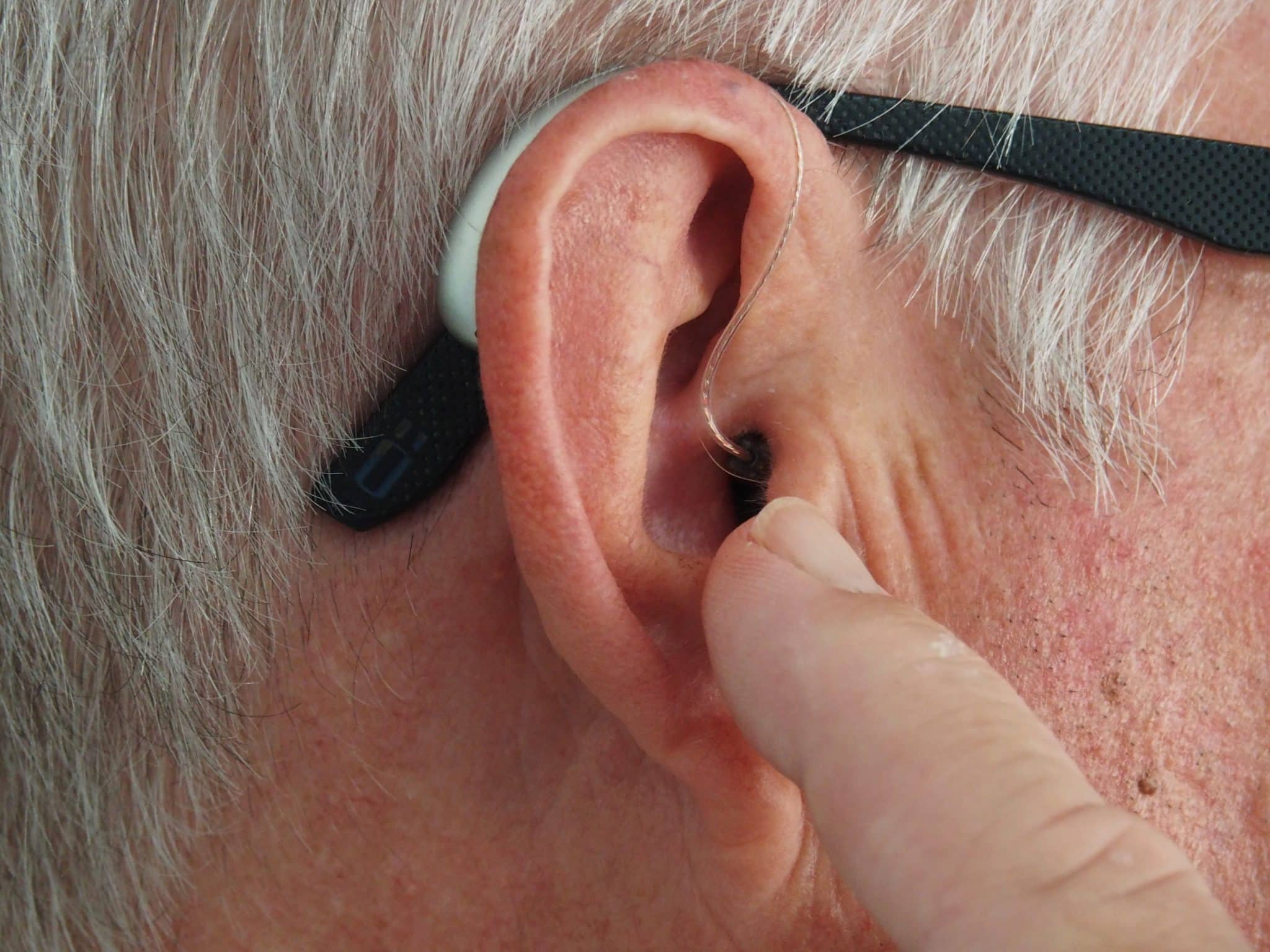Understanding Inner Ear Damage and its Effect on Hearing
Inner ear damage is a medical condition that can be caused by a number of different factors. Learn more about hearing health in this week’s Audicus blog!
Hearing loss can not only result from a number of different sources but can also arise from damage in specific parts of the ear. Infection in the middle ear, as well as inner ear damage, can cause serious hearing loss implications.
Inner Ear Damage and Hearing Loss
Individuals with inner ear damage often experience dizziness, oscillopsia, and an unsteady gait. If the section of the inner ear associated with auditory processing is affected, the individual may also experience tinnitus.
Inner ear disorders (also referred to as vestibular disorders) can be classified into two different categories: peripheral and central.
Check Your Hearing For Free Now
Peripheral vestibular dysfunctions often have symptoms including extreme instances of vertigo. Acute peripheral vestibular dysfunction can include symptoms such as nausea, sweating, and vomiting. Central vestibular dysfunctions can be caused by illnesses such as multiple sclerosis or lesions in a part of the brain called the posterior fossa.
In some cases, the brain may try to compensate for peripheral damage (normally within the span of 6 to 12 weeks), but this vestibular compensation is less effective in the elderly and individuals with disorders of the central nervous system. Immune-mediated inner ear disorders are easier to treat but harder to diagnose.
Solutions to Inner Ear Damage
One of the best methods to avoid inner ear damage is prevention, as
inner ear damage is usually irreversible. Avoid participating in risky activities that might result in head trauma: interference with the internal acoustic artery can cause inner ear impairment. Avoid ototoxic, or ear poisoning, drugs that can cause damage to the inner ear. Aminoglycosides, quinine, aspirin, and loop diuretics are
drugs that may have ototoxic side effects.
Speak with your doctor about medication that compromises the central nervous system, as these drugs can make the symptoms of inner ear damage even worse. Be sure to review your family history for any instances of hearing loss resulting from inner ear damage.
Gene therapy is one possible solution for inner ear disorders. Like the eye, the inner ear is structured in a way to allow relatively easy access for the application of vectors, or carriers of genetic information that can be used in gene therapy.
Inner ear disorders can also occur when hair cells are damaged or missing. In humans, the loss of hair cells is normally seen as irreversible and the primary neural cells that can be found in the inner ear are not able to regenerate spontaneously. Stem cell therapy, however, is another promising area of research for the treatment of several hearing conditions.
Transplanting new stem cells allows for the development of hair cells that may have been lost through damage or aging. Surprisingly, the different organ systems of adults contain stem cells. Advanced studies in stem cell therapy may even result in new treatments that can cure deafness.
By: Aaron Rodriques




